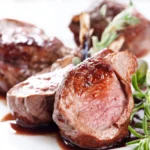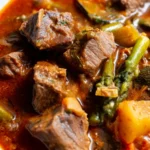Stepping beyond the familiar cuts like chicken breast or a simple chuck roast offers a world of unique flavors and textures. Whether you’re a hunter looking to maximize your harvest or an adventurous cook curious about exotic animals to eat, delving into unusual meats is incredibly rewarding. Learning how to prepare Wild Game and Exotic Meats properly requires understanding their unique characteristics. Unlike domesticated animals raised for specific fat content and tenderness, wild game meat and exotic meats often require different handling and cooking approaches. This guide will walk you through some fascinating options and the key principles for cooking them successfully.
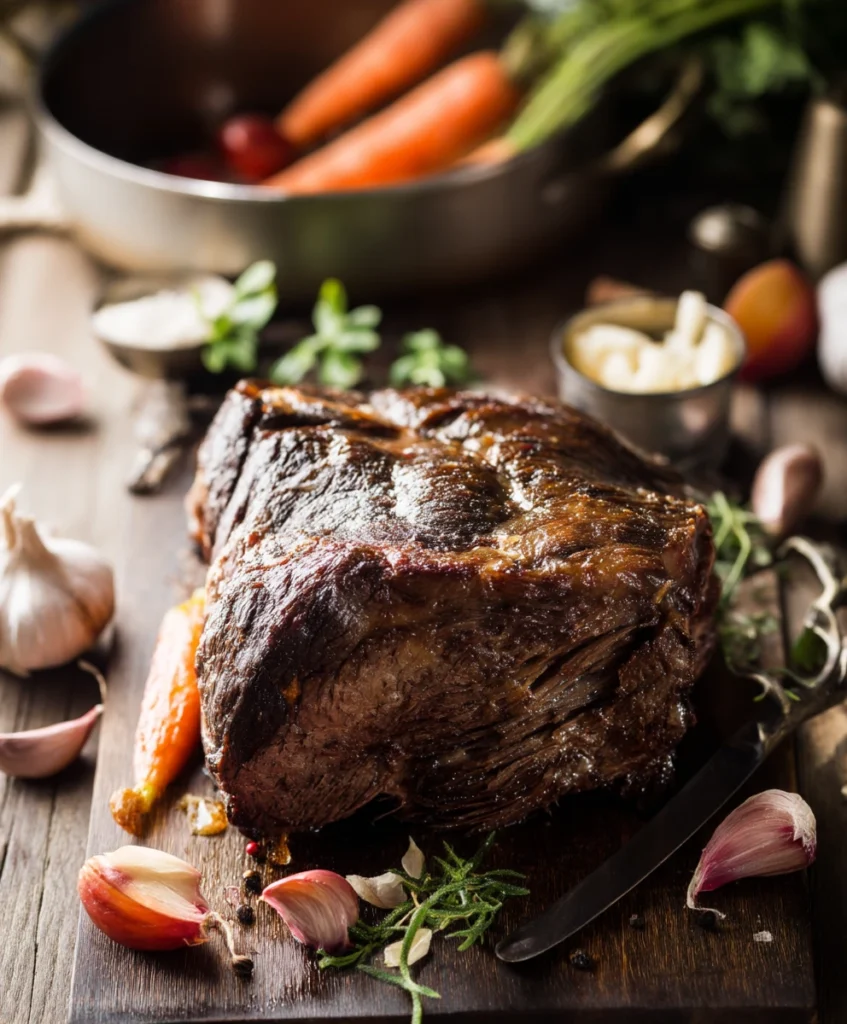
Understanding Different Wild Game and Exotic Meats Types
Before we dive into cooking Wild Game and Exotic Meats, it’s helpful to distinguish between common meat types.
🥩 Domestic Meats (Like Chuck Roast)
These are meats from animals commonly raised for agriculture (beef, pork, chicken, lamb). They are often bred for faster growth and specific fat distribution, contributing to tenderness and flavor consistency. A chuck roast, for instance, is a cut from the shoulder of a cow, known for its rich flavor but also significant connective tissue. That’s why the best cooking method for a chuck roast is almost always slow, moist heat like braising or stewing. Understanding what is chuck roast good for – long, slow cooking – highlights the difference compared to lean game.
🦌 Wild Game Meats
This category includes animals hunted in the wild (deer, elk, fowl, rabbit, boar). Cooking game meat differs significantly from domestic meat because wild animals are typically leaner, more muscular, and their diet impacts flavor. Proper field handling is critical when dealing with wild game meat.
🦓 Exotic and Unusual Meats
This broad group covers less common or commercially farmed species (bison, ostrich, venison if farmed, alligator, kangaroo, etc., depending on your region). A list of exotic meats can be extensive and varies globally. Preparing and cooking exotic meats requires research into the specific animal’s characteristics – some are lean like game, others might have unique textures or flavors. Trying unique meats can be a fascinating culinary journey.
🔪 Preparing Wild Game Meat
The process of how to cook game meat starts long before it hits the pan. Field care is paramount.
- Rapid Cooling: Crucial for preventing spoilage. Field dress animals immediately to remove heat.
- Cleanliness: Maintain sanitary conditions during dressing and butchering.
- Aging: Can improve tenderness in larger game like venison.
- Trimming: Remove all fat and silver skin, as game fat can have strong, undesirable flavors.
For detailed guidance on the initial steps, refer to resources focusing on safe game handling practices.
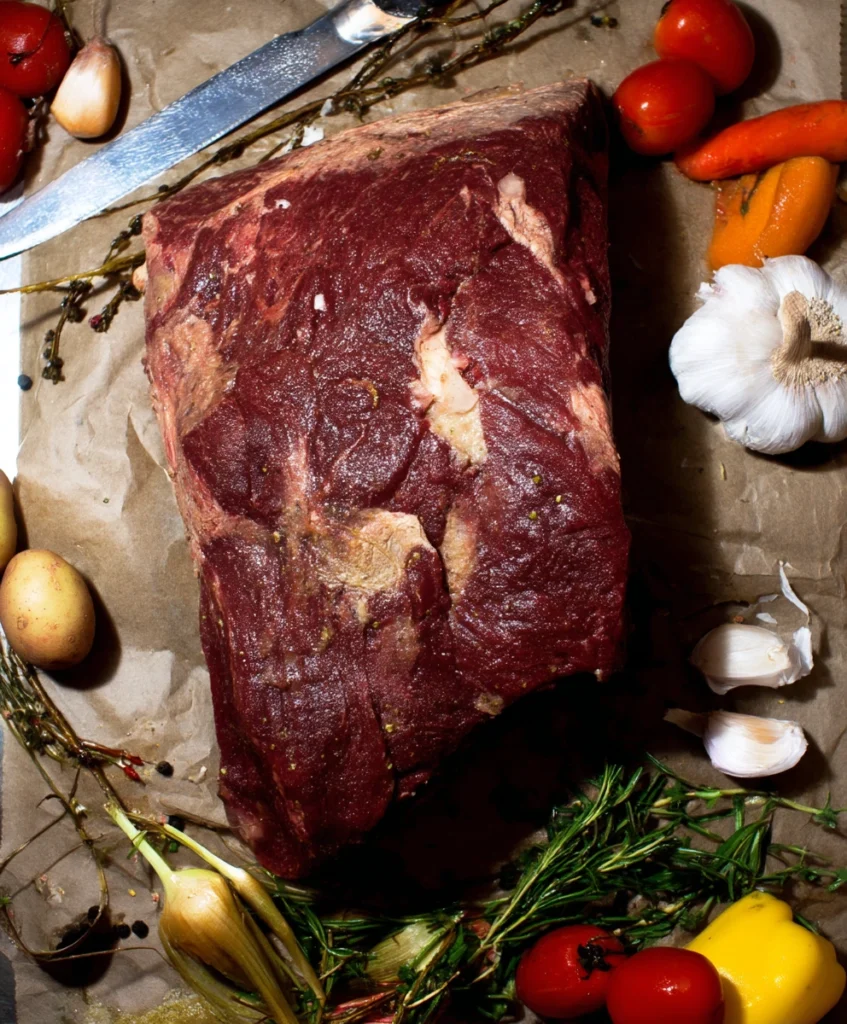
🍳 Cooking Wild Game Meat Successfully
Cooking game meat requires adjusting techniques based on leanness and cut.
- Lean Cuts (Loins, Breasts): Cook quickly over high heat to medium-rare to prevent drying out. Think searing or grilling.
- Tougher Cuts (Legs, Shoulders): Best with slow, moist heat methods like braising or stewing to break down connective tissue. These are great for chili or pot roasts.
- Adding Fat: Since wild game meat is lean, consider adding fat (like bacon or pork fat) when grinding or cooking to add moisture.
Experiment with marinades or brines to add moisture and complementary flavors. Learning how to cook game meat well is about respecting its natural characteristics.
🍽️ Exploring Exotic and Unusual Meats
Bringing unique meat to your kitchen is exciting!
- Sourcing: Ensure exotic meats to eat are sourced from reputable suppliers who follow ethical and safe practices.
- Research: Each exotic meat is different. Research the specific type – ostrich is lean like venison, alligator is mild and firm, kangaroo is very lean.
- Cooking: Like game, lean unusual meats benefit from quick cooking for tender cuts and slow cooking for tougher ones. Some might have specific flavor profiles that pair well with certain spices or cooking methods.
A diverse list of exotic meats can include anything from farm-raised venison and bison to less common options like wild boar (though also sometimes classified as game), rabbit, or even insects in some cultures. Learning about these unique meats expands your culinary horizons.
💡 General Cooking Tips for Game and Exotic Meats
These tips apply broadly when cooking wild game meat and many exotic meats due to their often leaner nature compared to cuts like chuck roast.
- Mind the Leanness: They cook faster than fattier domestic meats. Don’t overcook!
- Use a Thermometer: Essential for hitting the right doneness without drying out, especially for lean cuts.
- Trimming is Key: As mentioned, removing unwanted fat and tissue from game is vital.
- Moisture is Your Friend: Consider marinades, brining (especially for birds), or using moist cooking methods.
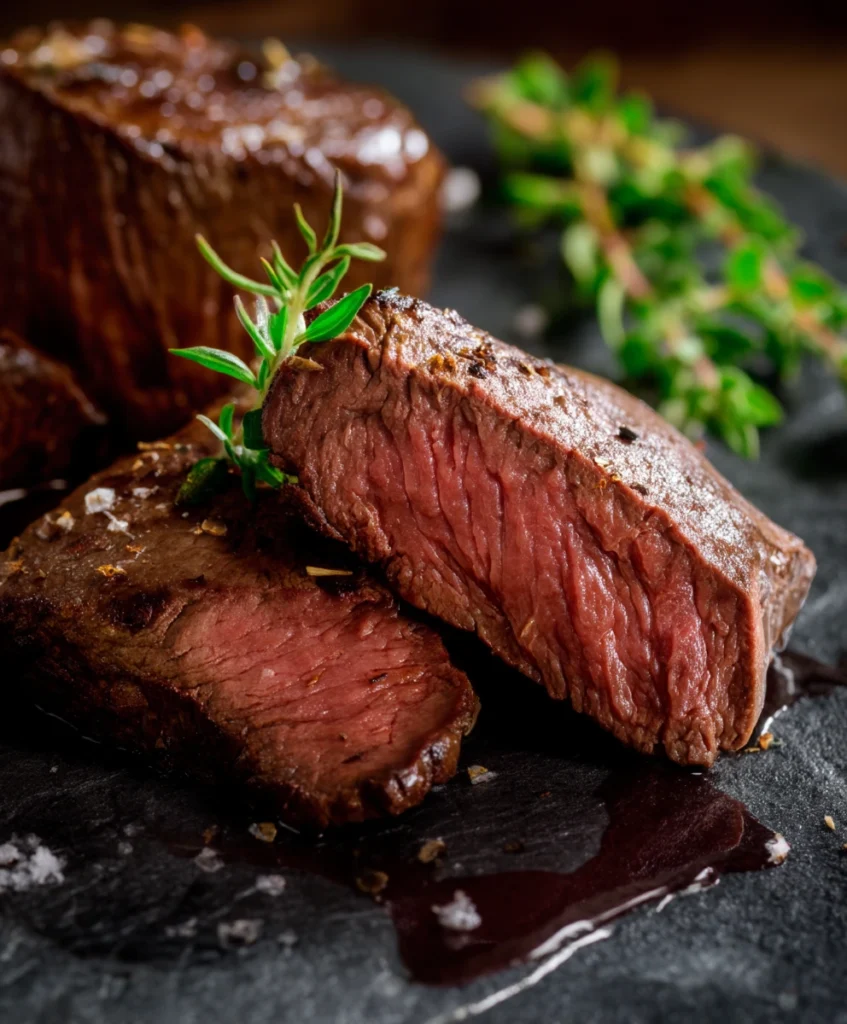
🥡 Storage Notes
Store cooked game and exotic meat as you would other cooked meats – refrigerated in airtight containers for 3-4 days. Raw, properly processed game and exotic meat can be frozen for 9-12 months if vacuum sealed, similar to other meats. Always ensure meat is cooled rapidly before storage.
❓ Frequently Asked Questions
Is all game meat “gamey”?
Not necessarily. Gaminess is influenced by the animal’s diet, age, and most importantly, how it was handled in the field and processed. Proper cooling and trimming can significantly reduce strong flavors. Farmed game (like some venison or boar) tends to have a milder flavor than wild counterparts.
Where can I buy exotic meats?
Exotic meats can often be found at specialty butcher shops, online retailers specializing in unique proteins, or sometimes at high-end grocery stores. Ensure the source is reputable and the meat is handled and inspected according to regulations.
How do I know if exotic meat is safe to eat?
Like all meats, safety depends on sourcing, handling, and cooking. Buy from regulated sources. Follow safe food handling practices (keeping it cold, preventing cross-contamination). Cook to appropriate internal temperatures. Resources on handling unusual meats from food safety authorities can provide specific guidance.
Can I substitute game meat for beef in recipes?
Sometimes, but not always directly. Due to leanness, game meat cooks faster than beef cuts like chuck roast. In slow-cooked recipes like stews, game can often be substituted but may cook quicker. For steaks/roasts, game requires shorter cooking times to avoid drying out.
📖 More Resources for Meat Lovers
Ready to learn more about different proteins? Check out these related guides:
- How to Prepare Game Meat: A Comprehensive Field-to-Fork Guide
- Hearty Venison Stew Recipe: A Guide to Cooking Wild Meat
- How to Prepare Game Meat: Perfectly Pan-Seared Duck Breast
Final Thoughts
Exploring wild game meat and delving into exotic meats is a fantastic way to expand your culinary horizons and appreciate the diversity of food sources. By understanding the key differences in preparation and cooking compared to more common options like chuck roast, you can confidently tackle these unique proteins and enjoy incredibly flavorful and rewarding meals. Happy cooking and exploring!










